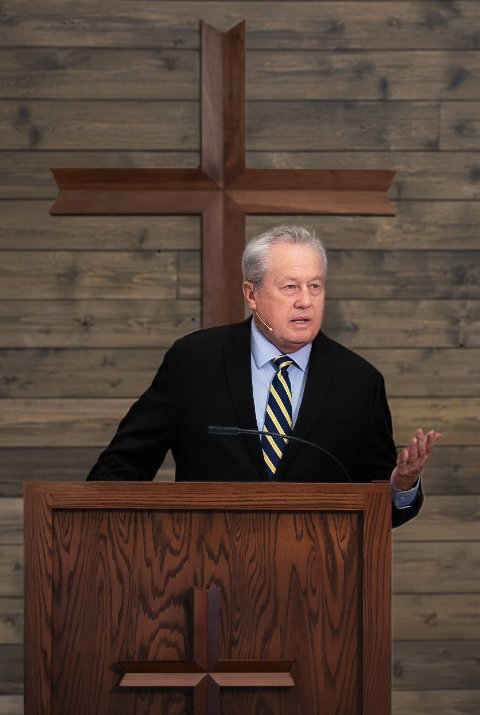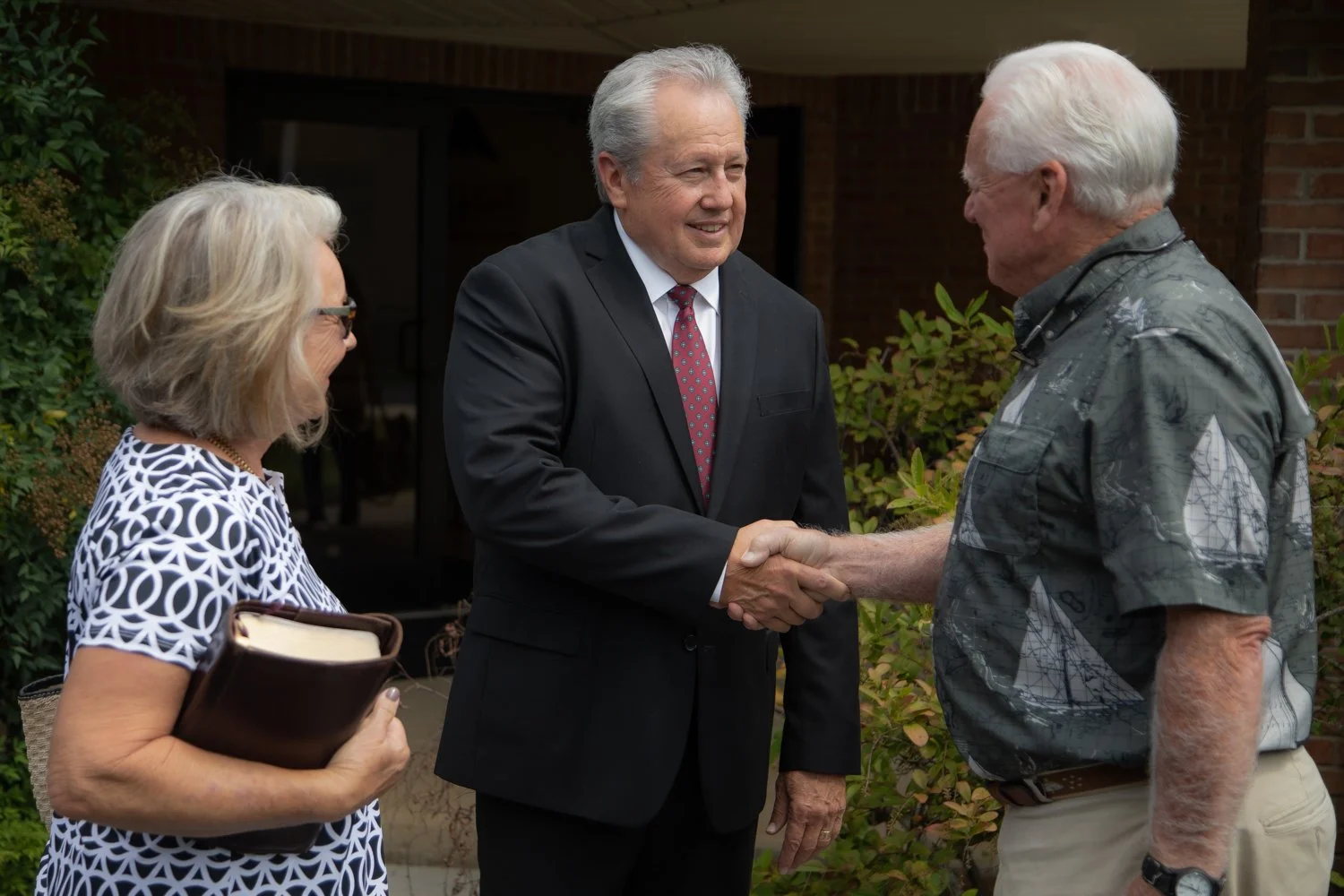Pastor David Harrell
Having spent the majority of my life serving Christ, first as a biblical counselor and professor, training and ministering to pastors and church leaders, then as the pastor of a start-up church in a rural suburb of Nashville, Tennessee (where I have now served for over three decades), I am acutely aware of the unique struggles of pastoral ministry. I know first hand what it is to start a church with a handful of people and watch God grow it spiritually and numerically, against all odds.
I am also aware of the challenges pastors face, especially the unique dynamics of smaller churches that make up the vast majority of evangelical churches around the world. I have spent much of my life caring for pastors: hearing their stories, sharing their pain, comforting their sorrows, confronting their sin, and encouraging them to stand firm, come what may. Through it all, I have learned much about myself, about pastoral ministry, about the church, and about the power of the Word of God to transform lives. I have also learned much about the diabolical schemes of the enemy to deceive, distract, divide, discourage, and destroy pastors and churches.
As in every period of redemptive history since the birth of the church at Pentecost, there have been troubling dispensations of compromise that have plagued the church. While the specifics may vary, in every situation the rise and fall of faithfulness in the church has been dependent upon pastors, men whom God has commissioned to speak on His behalf and shepherd His flock. When they have failed, the church has followed suit. But when they have stood firm in the faith, the church has flourished, not only surviving in the midst of great opposition, but also thriving as a result of it.
We now live in a postmodern age that poses many unique threats to the evangelical church. Many pastors admit they are in crisis because of this. Evangelicalism—once defined by its commitment to doctrines and practices of the Protestant Reformation—has now become an amorphous spiritual movement whose only connection to historic Christian faith is what is written on the doctrinal statement of individual churches; a document most church members have never read nor could they explain. Christianity today is being forced to embrace experience over truth. In fact, the concepts of absolute or moral truth are now rejected in our postmodern culture with its prevailing attitude of skepticism, subjectivism, and relativism. We live in a world where all viewpoints—no matter how absurd and contradictory—must be considered equally valid. Whether it is politics or religion, emotion has now replaced reason.
Unfortunately, most evangelicals believe the most effective means to reach this postmodern world for Christ is for the church to become more attractive and relevant to the culture. It must reinvent itself, adjust its gospel message, be less dogmatic, more therapeutic, tolerant, and entertaining. It must pander to the culture, take up its social causes, even conform to it, but never oppose it.
Others will argue, as I do, that such a position is totally foreign to Scripture and therefore mitigates the power and blessing of God. Moreover, because God is not even remotely like us, it is foolish to try to make Him part of us. His nature and attributes are infinitely beyond our ability to even imagine. His greatness and holiness are outside the bounds of our thoughts and ways. Therefore, He cannot be adapted to fit into our world—a world He has gone to such great lengths to save us out of and will one day destroy.
Though hideously offensive to the culture, God is concerned with only one thing: His glory, which is revealed most vividly in the person and work of His beloved Son, the Lord Jesus Christ, who died vicariously to save sinners. Because of this, His church is to be singularly focused on the gospel and His promise to save all who turn from sin and trust in Christ as Savior and Lord.
Furthermore, by its very nature the church is radically different from anything in culture. It is an outpost of a celestial kingdom the world cannot comprehend. It is made up of alien people whose citizenship is in heaven; people who have received a Word from another realm and who long to leave this earth at God’s appointed time. So when Christians meet together to worship, they do so because an unfathomably glorious God has summoned them to worship Him and hear from Him, making their worship services an otherworld experience; a gathering where God speaks through the stammering lips of divinely appointed men, and where sacraments are administered in remembrance of Christ, keeping His worshippers in a state of breathless adoration.
In light of this biblical worldview, instead of reinventing the church to make it relevant, we must recapture the essence of the New Testament church whose spiritual authenticity can be seen most clearly in the Protestant church of the Reformation.
But how do we do this, practically? What does this mean for pastors and church leaders?
These are the issues we address through the preaching, teaching, writing, and counseling ministries of Shepherd’s Fire.
David Harrell








